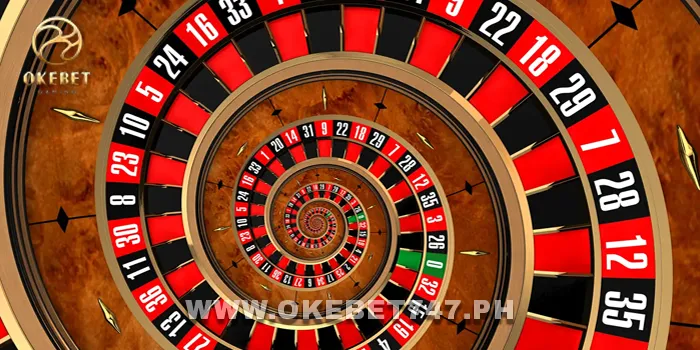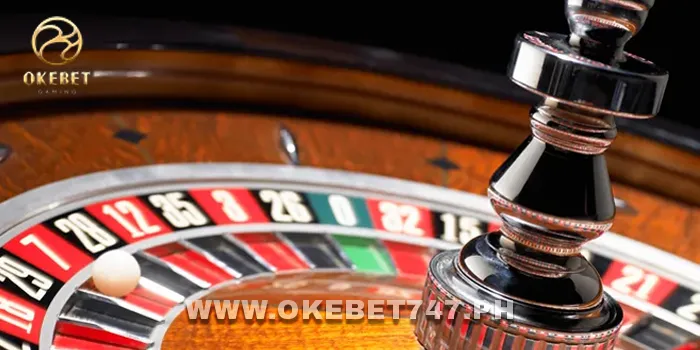
Gambling can be a fun pastime, but for some, it turns into something more serious. Recognizing triggers for problem gambling is essential to building healthier habits and making informed choices. Let’s dive into common risk factors and how we can address them, especially in the Philippine context.
What Causes Problem Gambling?

Problem gambling doesn’t happen overnight. It’s often the result of several factors combining over time. These include:
- Emotional triggers: Stress, anxiety, or depression can lead people to gamble as an escape.
- Social influences: Peer pressure or seeing others win big can encourage risky behavior.
- Access to gambling: Proximity to casinos, online platforms, or lotteries makes it easier to gamble frequently.
- Financial stress: Some people gamble in hopes of solving money problems, which often backfires.
Knowing factors that lead to problem gaming, such as emotional and financial stress, is key to taking early action.
Common Triggers in the Philippines

The local gambling scene is unique, shaped by cultural and economic factors. Here's what stands out:
- Fiestas and Events
Gambling often features in local festivities like cockfighting or bingo. These events normalize gambling for entertainment. - Family and Peer Pressure
It’s common for family or friends to encourage betting, especially during casual games or celebrations. - Access to Online Platforms
With smartphones and widespread internet access, online gambling platforms like OKEBET make betting convenient and accessible 24/7. - Poverty and Financial Instability
Many Filipinos see gambling as a way to improve their finances quickly, which can lead to dangerous cycles of loss and debt.
Recognizing stimuli for betting issues, such as advertisements or frequent updates on wins, can help individuals make more conscious choices.
Signs of Problem Gambling
Early recognition of gambling problems can make a huge difference. Watch for:
- Frequent borrowing of money for unexplained reasons.
- Spending more time gambling and less with family.
- Emotional changes, such as irritability or secrecy.
- Chasing losses, or betting bigger amounts to recover losses.
If these signs sound familiar, it might be time to take a step back and seek help. For a detailed guide on recognizing more behavioral cues, read about the warning signs of gambling addiction.
How to Mitigate Problem Gambling

Preventing gambling harm involves both personal responsibility and societal action. Here's what you can do:
- Set boundaries: Limit time and money spent gambling.
- Stay informed: Learn about how games work, especially their odds.
- Find alternatives: Engage in hobbies or activities that provide a similar thrill without the financial risk.
- Seek support: Reach out to organizations or trusted people. Brands like OKEBET advocate for responsible gaming and provide tools for self-exclusion.
To learn effective ways to balance gameplay, check out this article on responsible online gambling strategies.
Building Awareness Through Education
Identifying triggers for betting addiction is a crucial step toward prevention. Gambling education campaigns in schools and workplaces can help Filipinos understand the risks. Community leaders can play a significant role in spreading awareness about healthy gambling habits.
Moving Forward: A Collaborative Effort
By identifying triggers and understanding the unique challenges faced by Filipinos, it’s possible to reduce the risks of problem gambling. Whether it’s through better self-awareness or initiatives from brands like OKEBET, creating a safer gambling environment is within reach.
Managing your time wisely while gambling can also help you maintain healthy boundaries. Discover time management strategies for responsible gaming to improve your self-control.
Understanding and addressing triggers can make all the difference. Let’s work together to build a more informed and responsible gambling culture.




